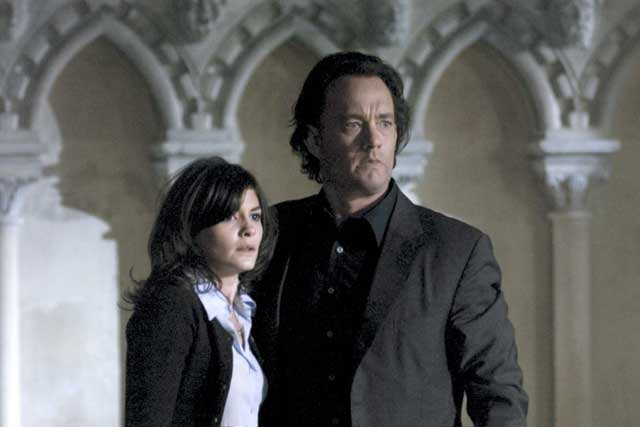Who Chose the Gospels? Probing the Great Gospel Conspiracy, By CE Hill

CE Hill not only rejoices in the title of Professor of New Testament at Reformed Theological Seminary in Orlando, Florida. Verily, he is also the anti-Dan Brown. Whereas The Da Vinci Code author and his ilk delight in theories that evil popes and scheming prelates stamped out the many and often competing versions of Christianity circulating in the first four centuries AD, Hill has a more sober message. There was no conspiracy. Far from blaming the demon figure of the Council of Nicaea, Bishop Athanasius, for deciding that only his four chosen gospels – Matthew, Mark, Luke and John – should be the canonical ones, Hill argues that the Emperor Constantine's council was no dastardly cover-up enacted to cement the supremacy of Rome. The four we know as the main part of the New Testament today, he says, were commonly accepted as scripture far earlier.
Why does all of this matter? Well, the other gospels – including those of Mary, Philip, the Ebionites, the Hebrews, but particularly that of Judas – posit quite different versions of Jesus (as appearing to be human, but only being divine, not both, for instance) and, with their emphasis on hidden knowledge imparted to the Gnostic writers, undermine the authority of the Apostles and thus their successor "the Holy, Catholic, Apostolic Church". So Brown et al are on to something. If there was a Popish plot, there would have been good reason for it. Hill makes not a conclusive but a convincing case that the four gospels accepted as the basis for Christianity were widely believed to be scriptural very early. Some supposedly divine texts, he suggests, may have been regarded as akin to bible stories for children; as conveying useful messages, but not as authoritative. Others, especially those conflicting with the canonical gospels, clearly owe much to the gospels they claim to supersede. But they did not enjoy anything like the same status throughout Christendom.
What he does not do is explain why this is of significance; just why the Church had a long and brutal history of suppressing heresies, many of which can be linked to the beliefs set out in these discarded gospels. But Hill is not just the anti-Brown because he rejects the arguments he and others have put forward. He is also an anti-Brown in terms of sensationalism. Valuable as his work is, it is lacking in the drama and consequence that should surround such a thorough undermining of excitable conspiracy theorists. They always did say that the devil had the best tunes. One can't help but wish that Hill had let us hear a few of them.
Subscribe to Independent Premium to bookmark this article
Want to bookmark your favourite articles and stories to read or reference later? Start your Independent Premium subscription today.

Join our commenting forum
Join thought-provoking conversations, follow other Independent readers and see their replies